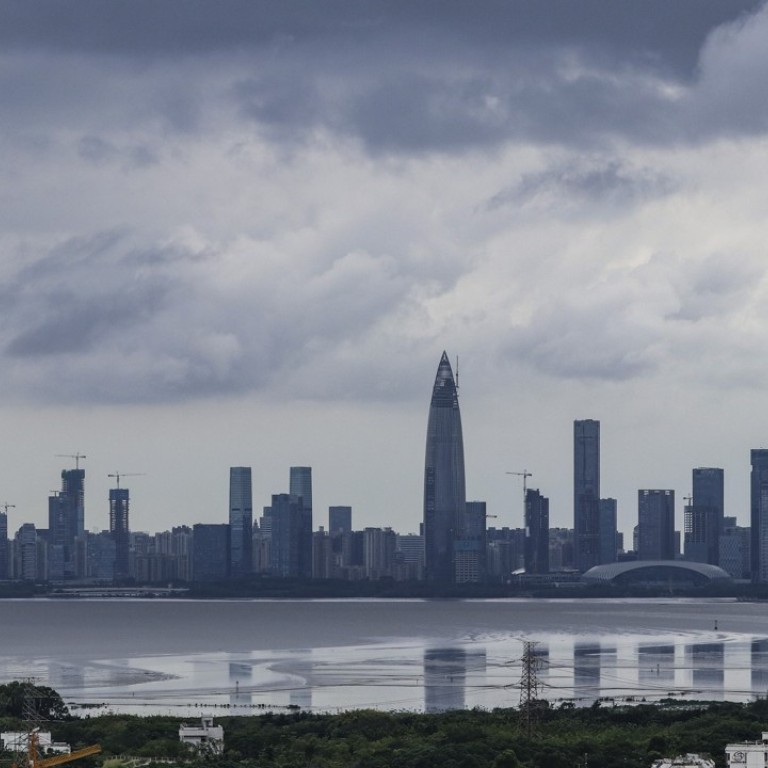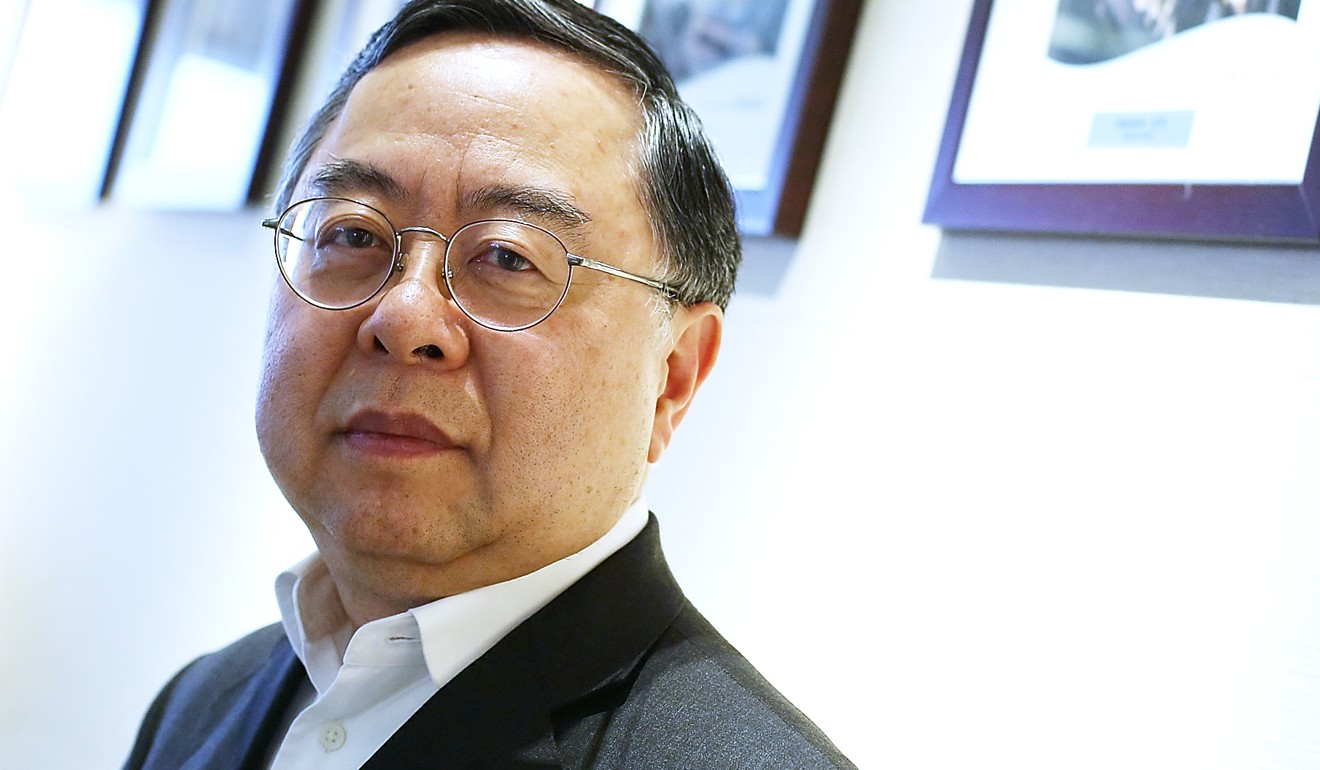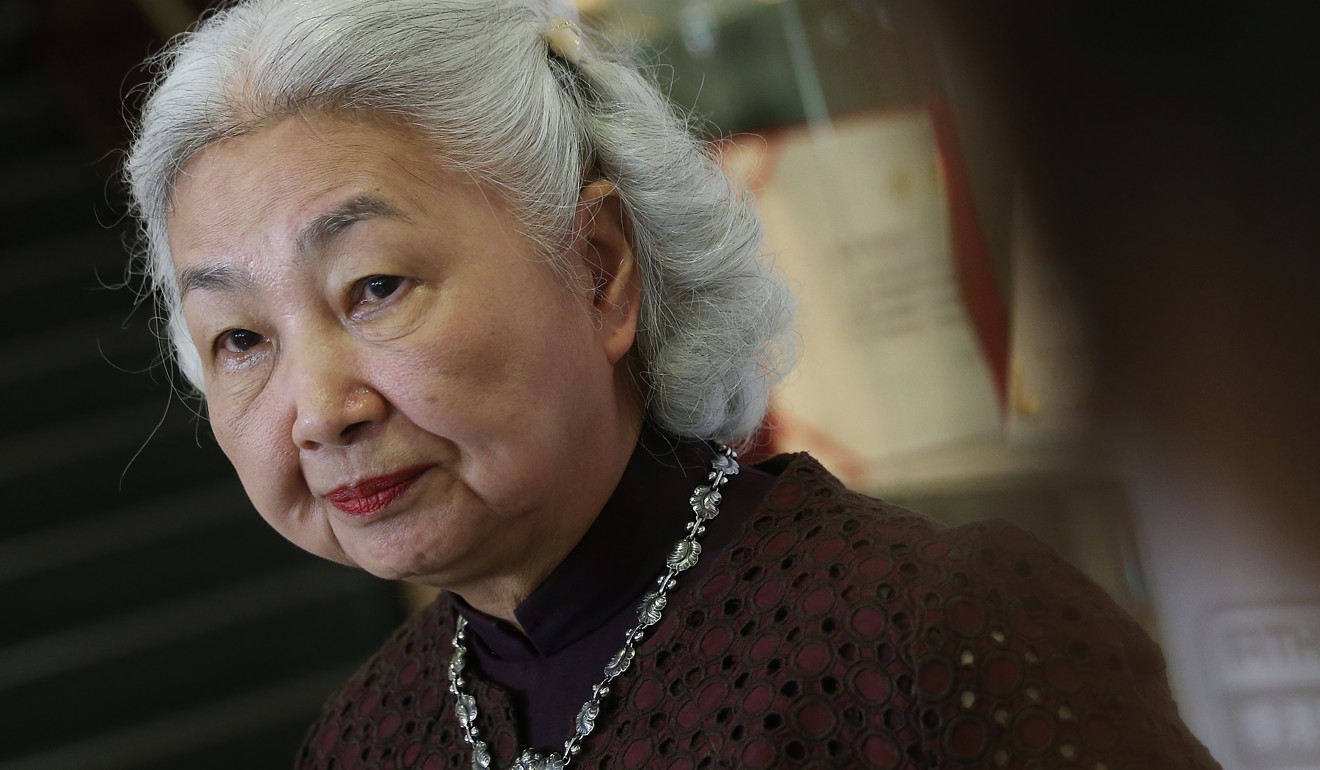
Top mainland Chinese think tank sets up shop in Hong Kong, with Belt and Road mission
Arrival of body led by former senior officials marks push to soft-sell Beijing policies and spread influence, say observers
A top mainland think tank led by former high-ranking Chinese officials will have a branch in Hong Kong from Sunday aimed at helping the city buy into two large Beijing-backed economic plans.
The Centre for China and Globalisation (CCG) is co-chaired by Ronnie Chan Chichung, chairman of Hong Kong’s Hang Lung Group, He Yafei, a former vice-minister of China’s foreign ministry, and Long Yongtu, a former vice-minister at the Chinese ministry of commerce, who was also chief negotiator during China’s accession into the World Trade Organisation.
The Beijing-based think tank has divisions across China, including in Shanghai, Shenzhen, Guangzhou and Qingdao.

Its new branch, called the CCG Hong Kong Council, is set up in a bid to “gather Hong Kong’s top talents in various sectors” to help the city play key roles in the “Belt and Road Initiative” and the “Greater Bay Area” development, a media statement said.
Analysts said the centre was likely to focus on promoting Chinese interests through the spread of soft power.
“These kinds of think tanks cannot do independent research. Their mission is to soft-sell the national policies,” local political commentator Johnny Lau Yui-siu said. “I don’t think [the CCG] could exert much influence in the society.”
Lau Siu-kai, vice-president of another think tank, the semi-official Chinese Association of Hong Kong and Macau Studies, said the CCG could be an exercise in “second-track diplomacy”, in which governments spread influence through outside bodies like think tanks and NGOs.
“Promoting China’s soft power worldwide is one of the central government’s strategic tactics,” Lau said.

“One of the key ways is to use second-track [diplomacy] to strengthen communication with the outside world through unofficial channels.”
Lau said the “Belt and Road Initiative” itself was intended as a diplomatic tool, spreading Chinese culture through economic assistance to other countries.
Arctic link reveals the full scope of China’s belt and road ambitions
Guests at the opening ceremony for the CCG Hong Kong Council are expected to include political and business figures such as former chief secretary David Akers-Jones, deputy director of the Basic Law Committee Elsie Leung Oi-sie and Tencent chairman and chief executive Pony Ma.

